Superficial Incisional SSI Stab wound, pin site infection or stitch abscess alone is not considered an SSI. a. Time: Occurs within 30 days after any operative procedure (where day 1 = the procedure date) AND b. Site: Involves only skin and subcutaneous tissue of the incision AND c. Infection: At…
Category: PGMEE, MRCS, USMLE, MBBS, MD/MS
Medical knowledge in bullet points with understandable language, simplified images and graspable mnemonics.
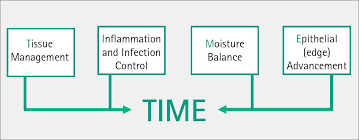
Chronic Wounds : Mnemonic Approach
Chronic wounds are wounds that have failed to proceed through an orderly and timely reparative process to produce anatomic and functional integrity over a period of 3 months. Factors that Adversely Affect Wound Healing Mnemonic: DIDN’T HEAL Diabetes (Diminished sensation, peripheral perfusion and impaired polymorphonuclear phagocytosis) Infection Drugs (Steroids and…
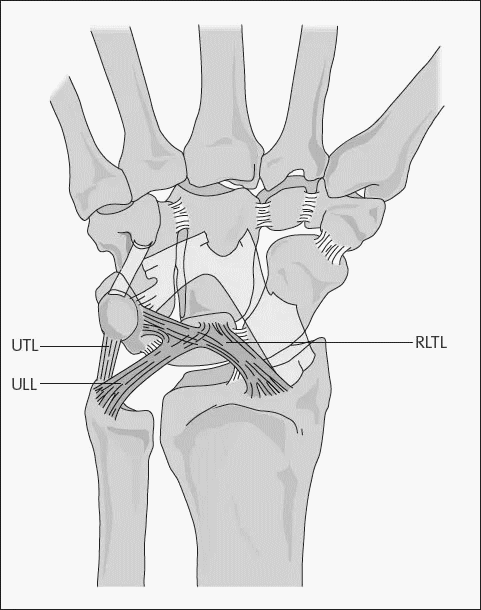
Wrist Ligaments
a. Interosseous: Extend deeply, directly between two bones Radioscapholunate (RSL) aka Ligament of Testut (neurovascular conduit to SL ligament) Scapholunate (SL) and Lunotriquetral (UL) – volar, dorsal and proximal fibrocartilaginous membrane components Capitohamate (CH) b. Palmar-proximal V: Converge as an “upside-down V” from the radius/ulna to lunate Radio-luno-triquetral (RLT) –…
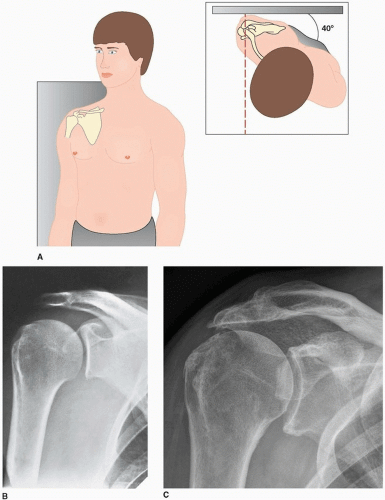
Shoulder X-ray views
Shoulder X-ray views AP Shoulder: in plane of thorax AP in plane of scapula: Angled 45 degrees lateral Scapular Y lateral: Erect with opposite shoulder rotated 40 degrees out and beam centered on spine of scapula (shoulder dislocations and scapula fractures) Supraspinatus outlet view: Scapular Y view with beam caudally…

Medical Ethics : Mnemonics
4 D’s of Medical Negligence Duty Deviation/Dereliction Damage Direct cause 4 Core Principles of Medical Ethics Mnemonic: BAN Justice Beneficence Autonomy Non-maleficence Justice Some even add “Veracity or Truthfulness” and “Confidentiality” to make 6 Ethical Principles. BRAIN of Informed Consent Benefits Risks Alternatives Indications Nature 5 Cs of the Exceptions…
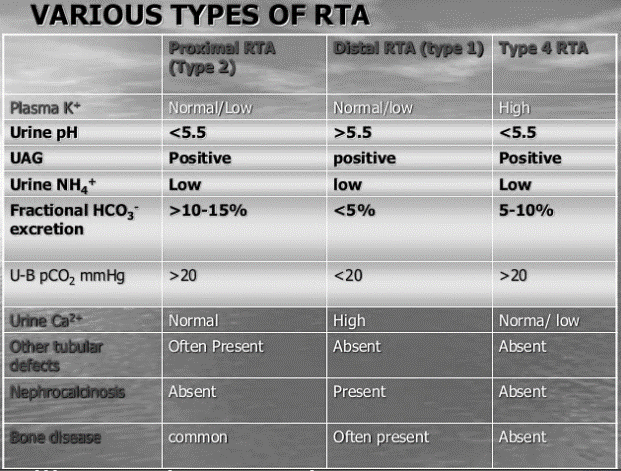
Renal Tubular Acidosis (RTA) : Mnemonics
Renal Tubular Acidosis (RTA) cause non-anion gap metabolic acidosis. Type 1: H+ excretion defect (A proton or 1st element of periodic table) This occurs in distal tubule (hence, distal defect) K+ is excreted instead of H+ causing Hypokalemia. Distal tubule H+ is non-functioning – urine pH >5.5. Chronic acidosis leads…
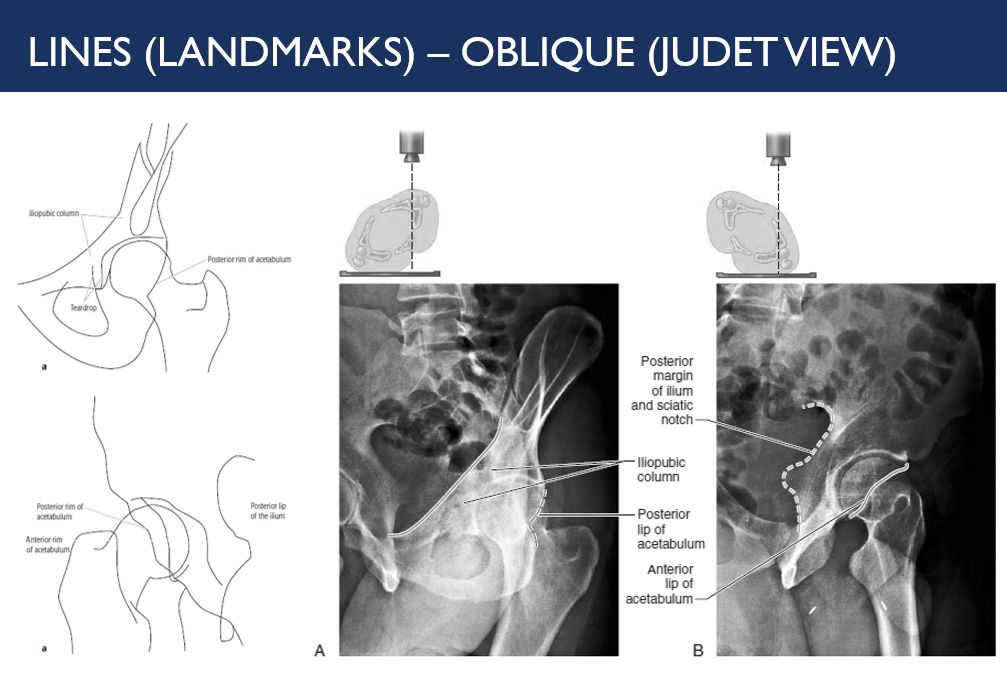
Pelvis X-ray : Simplified Approach
Views AP pelvis: patient supine and the x-ray beam oriented 90 degrees to the patient’s long axis, passing through the patient from anterior to posterior Pubic symphysis and coccyx in straight line in middle of screen with 1-3cm between superior pubic symphysis and tip of coccyx Greater and lesser trochanters…
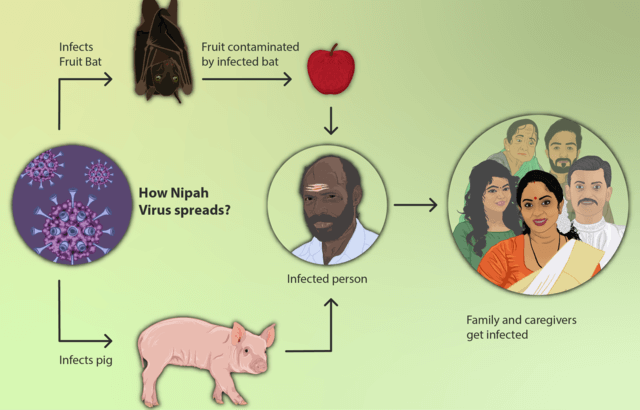
Nipah virus
Nipah virus is closely related to, but distinct from Hendra virus. Family: Paramyxoviridae Genus: Henipavirus History: A Nipah epidemic of viral encephalitis, complicated by respiratory failure, occurred in Malaysia in 1998 and 1999, causing 265 infections and 105 fatalities (93% had occupational exposure to pigs). An associated outbreak among abbatoir…
